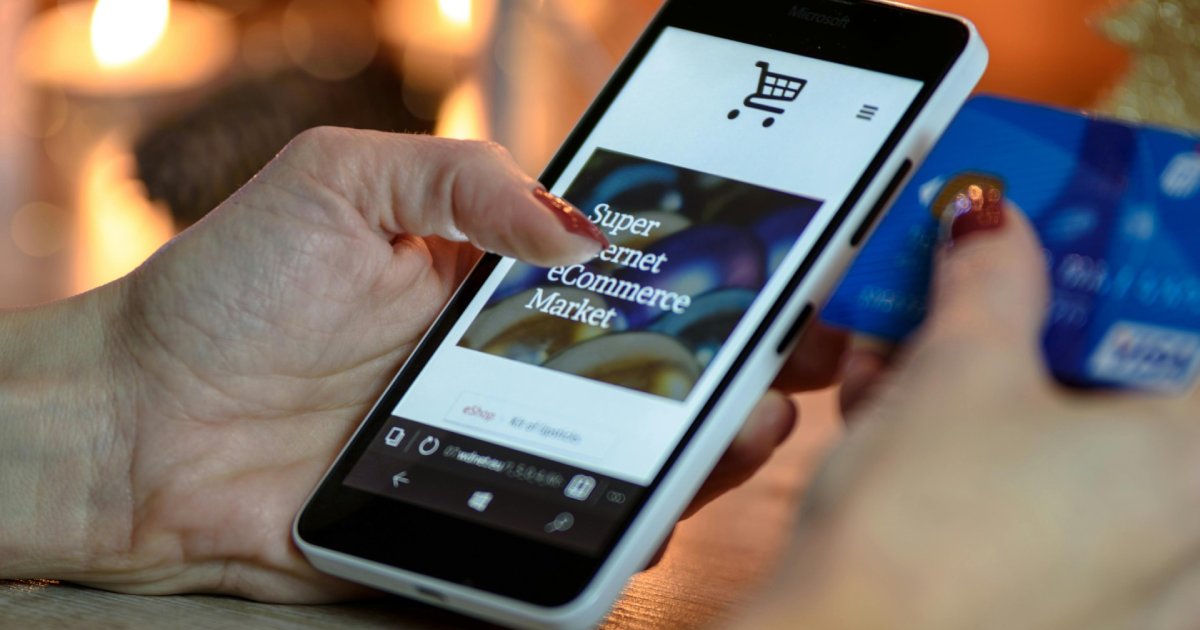Amazon’s Prime Day Faces Heightened Competition

By Mark Seavy
As Amazon’s Prime Day marks its 10th anniversary, heightened competition from other retailers is challenging the discounts that once separated Amazon’s sales event.
To counter the two-day Prime event, retailers like Best Buy, Walmart, Target, and others have launched weeklong sales events. And TikTok, which launched the TikTok Shop last fall, has promoted “Deals for You Days” offering discounts on brands that sell through the social media platform. The promotion, which launched July 9th, included discounts on a range of beauty products from L’Oreal Paris, Coty’s Maybelline New York, NYX Professional Makeup, and Too Faced. The promotion also featured TikTok Live shopping events hosted by Canvas Beauty founder Stormi Steele and content creator and makeup artist Tati Westbrook.
So, while Amazon Prime was promoting Breville Group’s Air Fryer Pro with a 25% discount at $299.95, the same price being offered by Best Buy, Crate & Barrel, Williams-Sonoma, and PC Richard. Best Buy also matched Amazon Prime’s 47% discount on a Keurig K-Elite single-serve coffee maker ($99). Prime, however, bested Walmart with a 38% discount ($10 less) on Hisense’s licensed Toshiba 55-inh smart LCD TV ($229).
Despite the growing competition, this year’s Prime Day event is forecast to generate $14 billion in online spending, which would be a 10.5% increase from a year ago and a new record for the two-day sales promotion, according to Adobe Analytics. The discounts are averaging 22%, up from 14% a year ago.
And while retailers continue to slash prices in an effort to stand out to consumers, many believe these sales events have become expected by shoppers and therefore serve a different purpose. These promotions are now more about reinforcing that a retailer is a destination for low prices rather than creating any significant points of difference, one licensing executive argued.
That shift in perception means brand owners are evolving their strategies around summer sales promotions. And, because these promotions require increasing discounts and fees in order to participate—sometimes negating the potential for profit—some brand owners are choosing to step away from these types of sales events.
“We haven’t participated in years because it hasn’t given us enough of a return on investment,” an executive at an apparel licensee said. “There is too much competition for key words and marketing on those days.”
Other licensees prefer to focus on Black Friday, noting the longer sales period that has grown around the promotional event—which can be a month or more—as opposed to a relatively short timeline for summer sales with strong competition.
“[These sales events haven’t] really been a tool to generate fast sales for us,” a textiles executive said. “There are so many offers out there for home products that unless it is super unique, it is hard to justify the promotion.”
Despite some licensees’ reticence, price-conscious consumers are more invested in deals than ever before, and retail analysts expect Prime Day to be a profitable event for Amazon. Prime Day is expected to account for a “mid-single” digit percentage of Amazon’s Q2 revenue, said Mark Mahaney, Senior Managing Director at Evercore RSI. Mahaney also forecasted sales of $15 billion, including $6.9 billion on July 16th and $7.2 billion on July 17th. The sales event also enables Amazon to potentially expand its base of 90 million Amazon Prime customers in the U.S.
“Every year it has become a bigger contributor to revenue, and it is a big marketing event for the company,” Mahaney said. “Maybe it allows Amazon to introduce the Prime customers to new products [like Amazon’s online pharmacy].”
Yet as the years wear on, retailers will have to work harder to stand out from competitors and stoke customer interest in these kinds of sales events.
“Traffic can go up, but the question is…how much [do] customers believe those deals are really great deals, and Amazon’s going to have to work harder at that, only because everybody else has something going on,” Kirthi Kalyanam, Professor and Executive Director of the Retail Management Institute at Santa Clara University, told Retail Brew.




